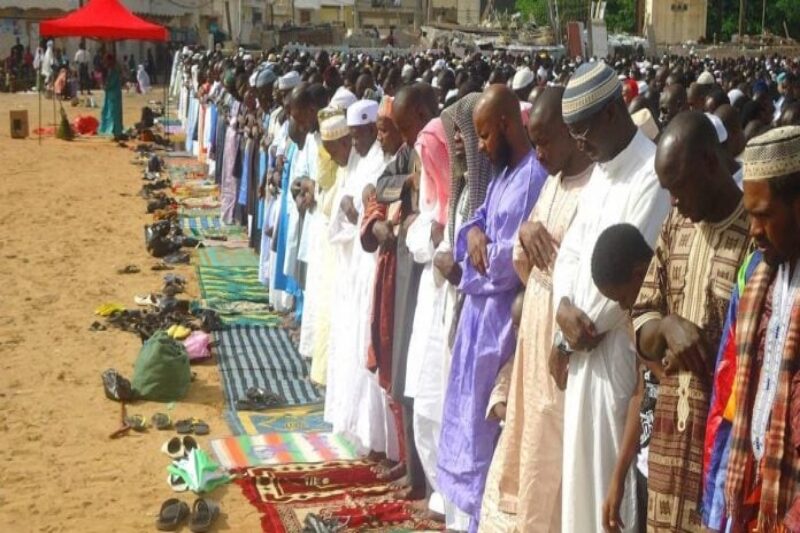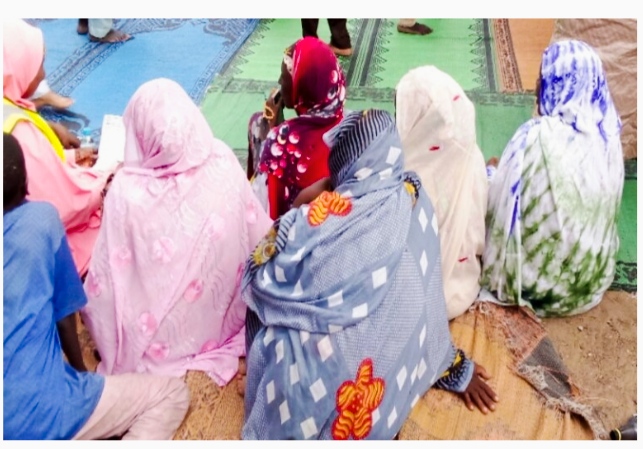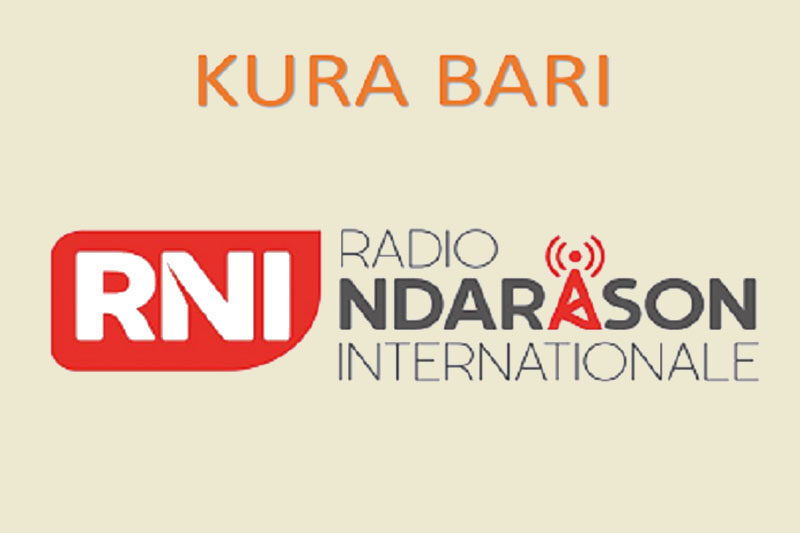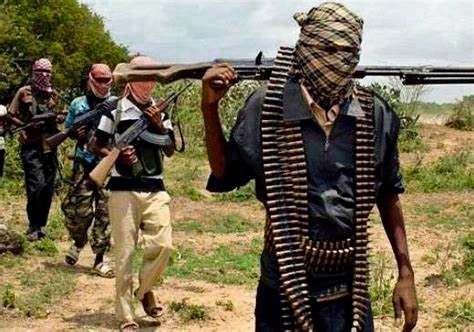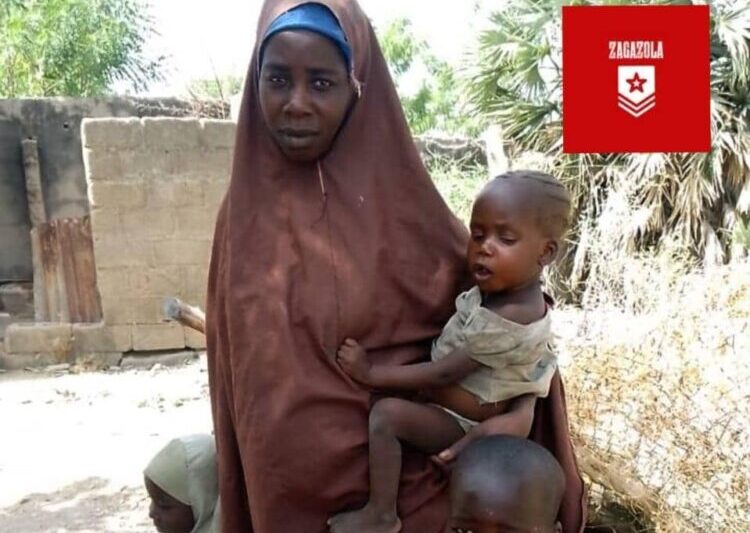Even with the high price of livestock and the threat of insecurity, faithful Muslims in Nigeria’s northeast were able to celebrate the Eid-El-Kabir festival peacefully and harmoniously in Borno, Adamawa and Yobe states – though there was tight security at venues and people were searched before being allowed to enter the prayer grounds.
Also referred to as Eid al-Adha, the Feast of Sacrifice and Sallah, it is the second and the largest of the two main holidays celebrated in Islam. It honours the willingness of Prophet Ibraham Abraham to sacrifice his son, Ishmael, as an act of obedience to Allah’s command.
It is celebrated on the 10th day of Dhu al-Hijjah, the 12th and final month in the Islamic calendar – which equated to Wednesday, June 28, in the lunar calendar.
The annual festival marks the end of the Hajj pilgrimage to Mecca by millions of Muslims from around the world.
It is celebrated with prayers, followed by the slaughter of goats, sheep, cattle or camels.
In light of recent security concerns, the police, soldiers and other security operatives took proactive steps to ensure safe and peaceful celebrations across northeastern Nigeria.
This was particularly so in the Damboa Local Government Area of Borno State, where a number of farmers and wood collectors were brutally slain earlier this month, triggering fear and panic among residents.
BORNO STATE
Muslims across Borno State said the festival had gone off well without any disruptions.
Mustapha Mohammed, who lives in Damboa town, said a heavy presence of police officers, soldiers, members of the civilian joint task force (CJTF) and other security operatives ensured the safety of the faithful.
Baba Gana Sarki, a resident of the Dikwa Local Government Area of Borno State, said the “massive” presence of security operatives had helped to ensure the safety of the worshippers.
Mohammed Ali, a resident of the Maiduguri Metropolitan Council (MMC), said that this year’s festival was held at the Ramat Square field, where thousands of followers and many dignitaries attended, including Abubakar Ibn Umar Garbai El Kanemi, the Shehu of Borno State.
Bukar Gambo, secretary of the CJTF members of the Kulo Gomna Primary School in Kangar Makka, a suburb of Maiduguri, said: “People cooperated fully by adhering to all security protocols. They were searched at the entrance to the Eid prayer ground before they were allowed to enter.
“There were no security threats and not even cases of missing children, phone-snatching and stealing of worshippers’ property.”
In his sermon, Sheikh Goni Ali, a chief imam who led the congregation at the Galtimari Eid ground in the Jere Local Government Area of Borno State, urged the faithful to seek the intervention of Almighty Allah through constant supplications to bring sustainable peace and security and to ease financial hardships Nigerians were experiencing.
The imam reminded worshippers that the slaughtered animal should be shared, with a third of the meat going to the family, a third to friends and relatives and the remaining third to the poor and needy.
ADAMAWA STATE
RNI correspondent Umar Bukar Gaji said there were no security issues “thanks to the massive deployment of security operatives”.
Sheikh Imam Salisu, a chief imam who led the congregation at the Capital School Eid ground in Yola, the capital city of Adamawa State, called on worshippers across the country to embrace peace and unity so that everyone could coexist harmoniously.
In his sermon, the imam said as part of the Eid-El-Kabir festival it was customary to slaughter a ram or some other livestock.
“But,” he said, “it is not compulsory for those who cannot afford it. If people are going through hard times, they should not worry because Almighty Allah will still recognise their prayers.”
YOBE STATE
RNI correspondent Alhaji Brah Sheriff said thousands of people gathered at the Shehu Hashimi Eid ground to observe the two rakat congregational prayers that were led by Sheikh Imam Idaini Gadarima Goni Dawodu.
Ibrahim Goni, a resident of Damaturu, said: “There was no panic or fear of attacks, a far cry from the peak of the insurgency.”
Abubakar Goni, also from Damaturu, said: “We all prayed for Almighty Allah to cushion the hardships of people, particularly the less privileged and indigent people who are struggling to make ends meet and to even put food on their tables.”
SHETTIMA LAWAN MONGUNO


